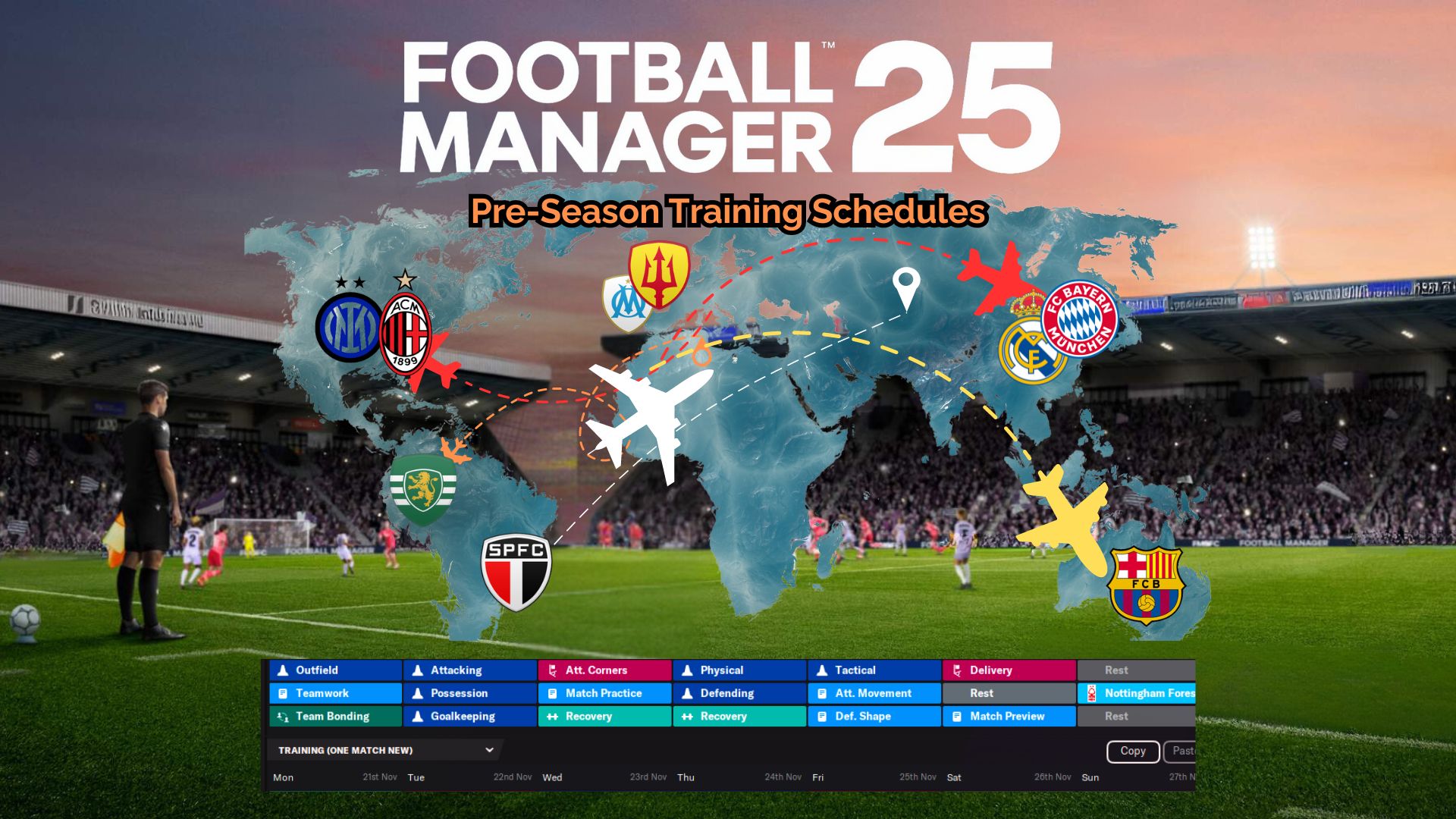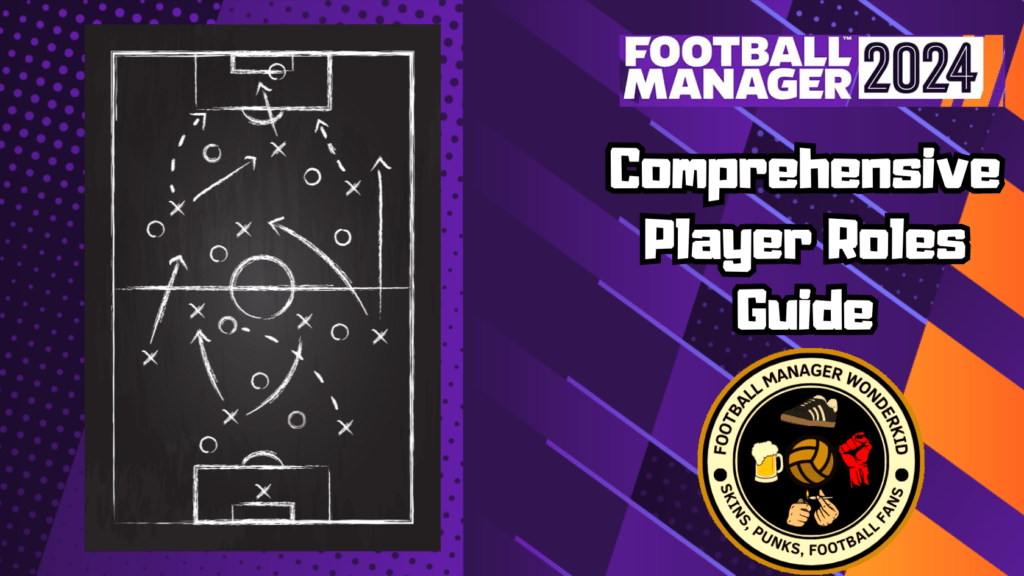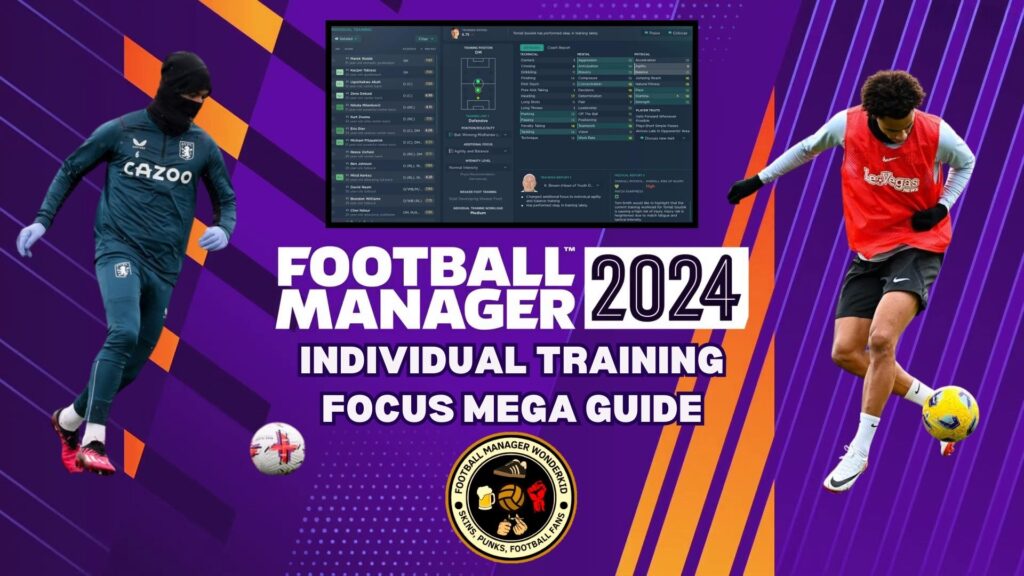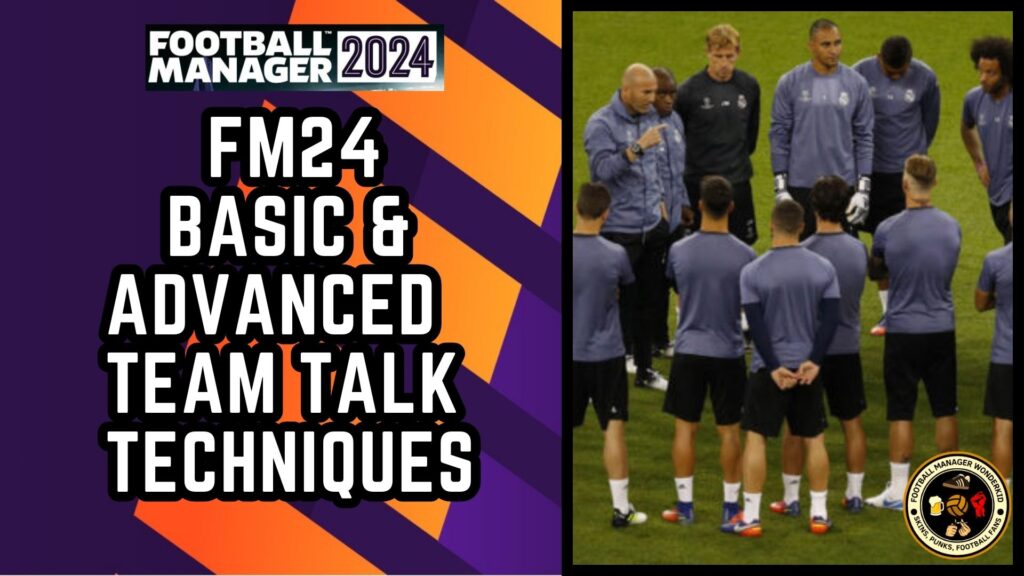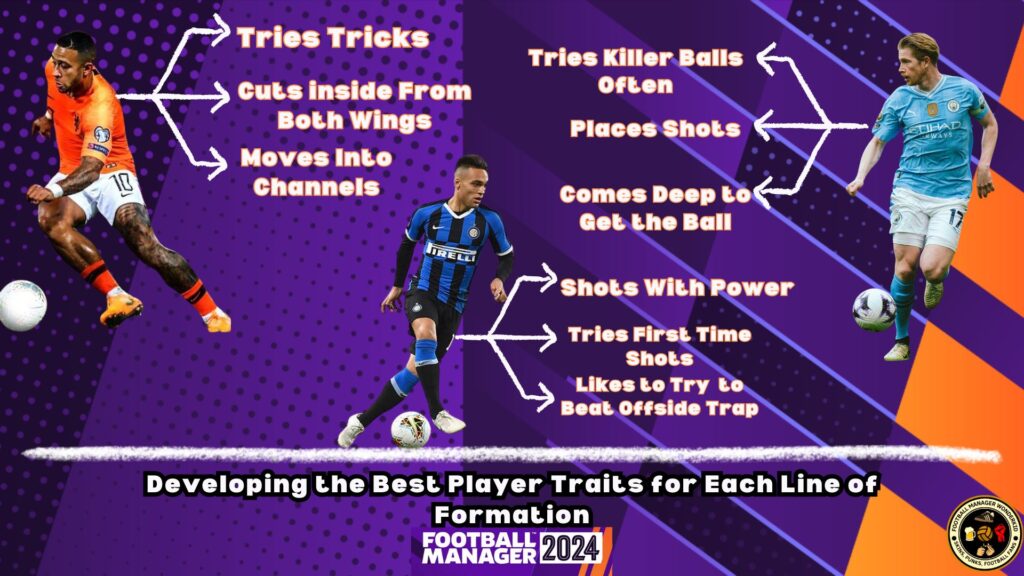| Pre-Season Key Takeaways |
|---|
| • Pre-season typically lasts 4-6 weeks • Balance fitness, tactics, and match preparation • Customize training for different player roles • Include regular rest days to prevent injuries • Use training camps for team bonding • Schedule friendlies strategically • Monitor player progress and adjust as needed • Manage new signings and international duties |
Welcome, aspiring Football Manager! Are you ready to create the perfect pre-season training schedule that will set your team up for a successful season?
FMWonderkid will walk you through everything you need to know about FM pre-season training schedules. We’ll cover all the basics and dive into some advanced strategies to give your team the edge!
What Are FM Pre-Season Training Schedules?
As a Football Manager, pre-season training schedules are your blueprint for preparing your team for the upcoming season. It’s like a summer school for your players, where you can:
- Improve player fitness
- Teach new tactics
- Build team chemistry
- Test strategies in friendly matches
- Integrate new signings
Getting your pre-season right can give your team a massive advantage when the real games begin!
The Importance of Pre-Season Training
“Pre-season is where champions are made. It’s the foundation of success for the entire campaign.” – Every successful FM manager
A well-planned pre-season can:
- Reduce injuries during the season
- Improve team performance
- Help new players settle in
- Boost player morale
- Give you insights into your squad’s strengths and weaknesses
How Long Should Pre-Season Last?
In Football Manager, pre-season typically lasts between 4 to 6 weeks. This gives you enough time to whip your team into shape without burning them out before the season starts.
Balancing Different Aspects of Training
A successful pre-season schedule should focus on three main areas:
- Fitness: Getting your players in top physical condition
- Tactics: Teaching your team how to play together
- Match Preparation: Fine-tuning your strategies in game situations
Here’s a simple breakdown of how you might split your focus:
| Week | Fitness | Tactics | Match Prep |
|---|---|---|---|
| 1-2 | 70% | 20% | 10% |
| 3-4 | 40% | 40% | 20% |
| 5-6 | 20% | 30% | 50% |
Customizing Training for Different Player Roles
Remember, not all players are the same! Your training should be tailored to different positions and roles:
- Goalkeepers: Concentrate on reflexes, positioning, and distribution
- Defenders: Focus on tackling, marking, and positioning
- Midfielders: Work on passing, vision, and stamina
- Forwards: Practice shooting, off-the-ball movement, and finishing
The Crucial Role of Rest Days
Don’t forget to give your team some time off! Rest days are super important to:
- Prevent injuries
- Allow for muscle recovery
- Keep players mentally fresh
- Maintain high morale
Try to include at least one full rest day each week in your schedule. You might also want to consider lighter training days after intense sessions or matches.
Utilizing Training Camps
Training camps can be a powerful tool in your pre-season arsenal. They offer:
- Intensive training in a controlled environment
- Team bonding opportunities
- A chance to focus without distractions
If your budget allows, try to organize a 1-2 week training camp during your pre-season. It can boost your team’s cohesion and fitness levels!
Strategic Use of Pre-Season Friendly Matches
Friendly matches are crucial for testing your tactics and player fitness. Here’s a smart way to schedule them:
- Week 1-2: 1-2 matches against weaker teams to build confidence
- Week 3-4: 2-3 matches against teams at your level
- Week 5-6: 2-3 matches against stronger opposition to test your tactics
Remember to rotate your squad in these matches to give everyone playing time and assess all your players.
Monitoring and Adjusting
Keep a close eye on how your players are progressing during pre-season. Look out for:
- Improvements in physical attributes like Stamina and Natural Fitness
- Players adapt well to new tactical instructions
- Any signs of fatigue or injury risk
Don’t be afraid to adjust your schedule if things aren’t working out as planned!
Managing New Signings and International Duties
Pre-season can be tricky when you have new players joining the squad or existing players away on international duty. Here are some tips:
- Give new signings extra attention to help them integrate quickly
- Use the Football Manager Team Talks feature to boost morale and team cohesion
- Plan additional individual training for players returning late from international duty
Sample 6-Week Pre-Season Training Schedule
Here’s a comprehensive schedule you can use as a starting point:
| Week | Focus | Activities |
|---|---|---|
| 1 | Fitness | • Endurance training • Light tactical work • 1 easy friendly |
| 2 | Fitness + Basic Tactics | • Strength and speed work • Introduction to team tactics • 1-2 friendlies against weaker teams |
| 3 | Balanced Training | • Equal focus on fitness and tactics • Set piece training • 2 friendlies against equal-level teams |
| 4 | Tactical Focus | • Intense tactical sessions • Positional training • 2 challenging friendlies |
| 5 | Match Preparation | • Game situations • Team shape work • 2-3 tough friendlies |
| 6 | Fine-Tuning | • Light training • Tactical adjustments • 1 final friendly against strong opposition |
Remember to include rest days and adjust based on your team’s specific needs!
Your Path to Pre-Season Success
Creating effective FM pre-season training schedules is an art that takes practice to master. Keep these key points in mind:
- Balance fitness, tactics, and match preparation
- Customize training for different player roles
- Use rest days wisely to prevent burnout
- Monitor progress and be ready to adjust
- Make the most of friendly matches and training camps
With a well-planned pre-season, your team will be fighting fit and tactically sharp when the season kicks off. Good luck, manager!
For more advanced Football Manager tips and tricks, don’t forget to check out our guides on FM24 Match Plans and FM24 Medical Center Staff Guide. These resources will help you take your managerial skills to the next level!

